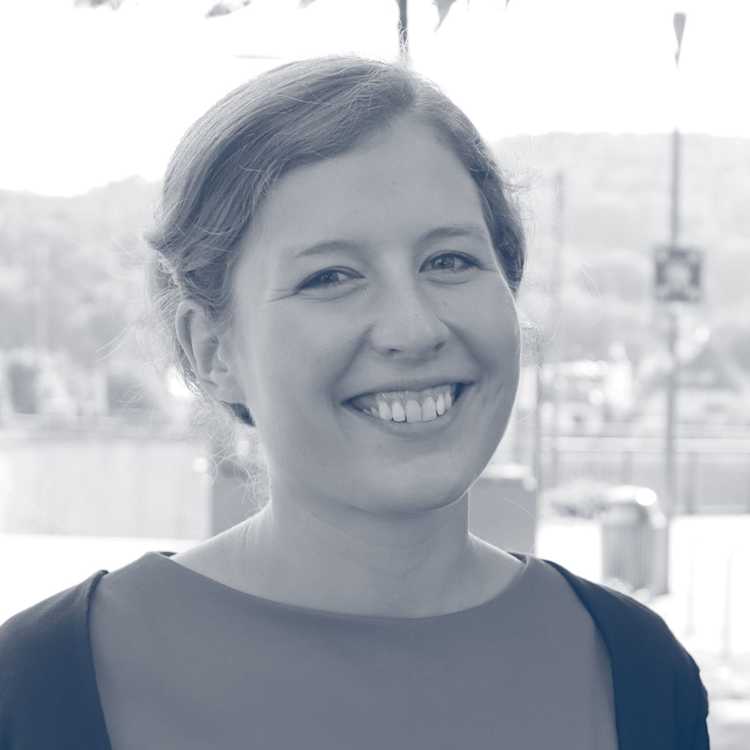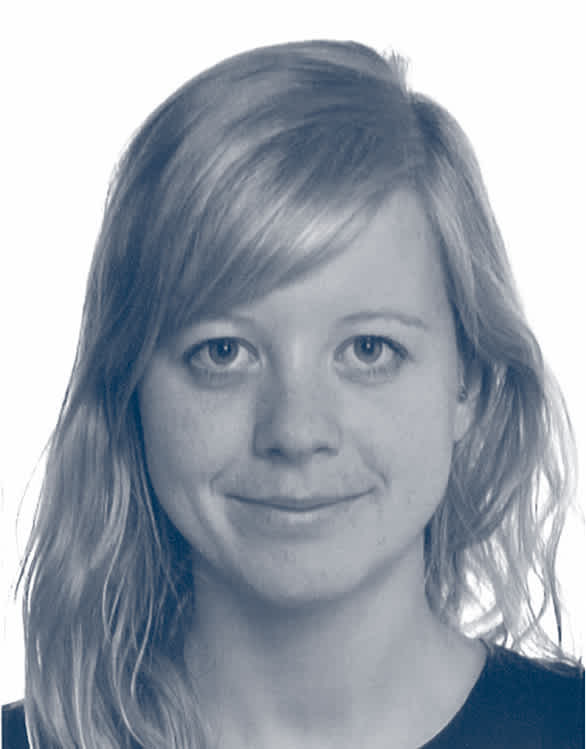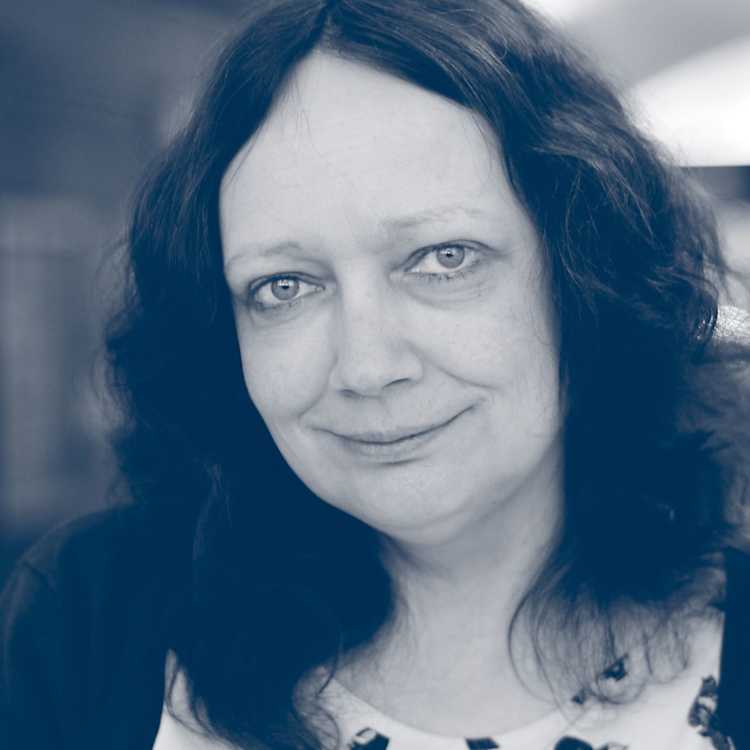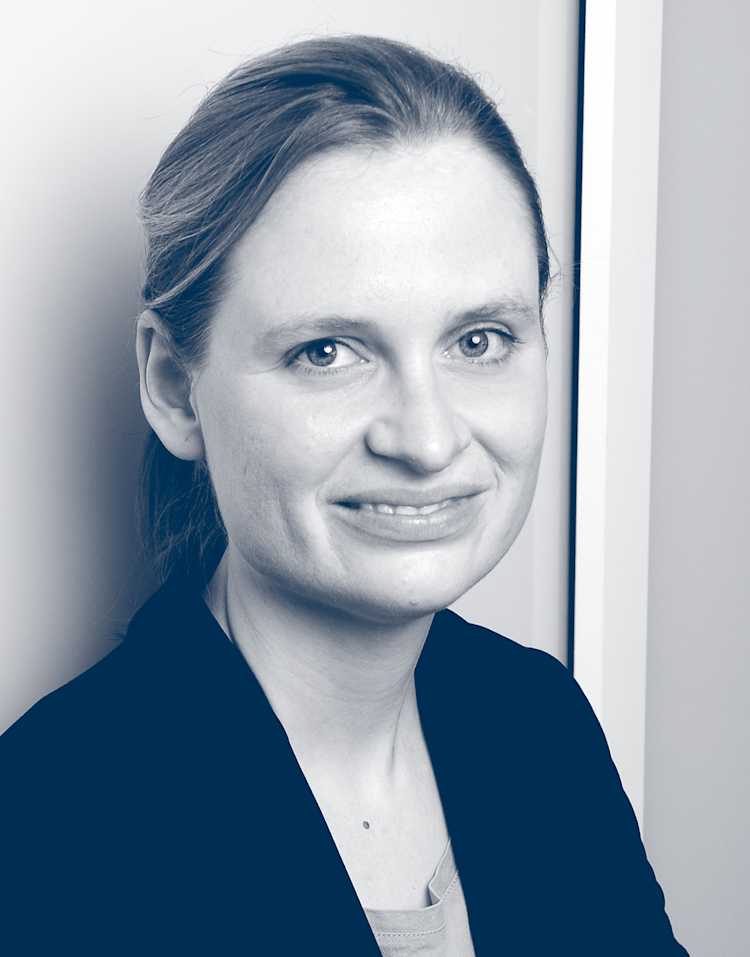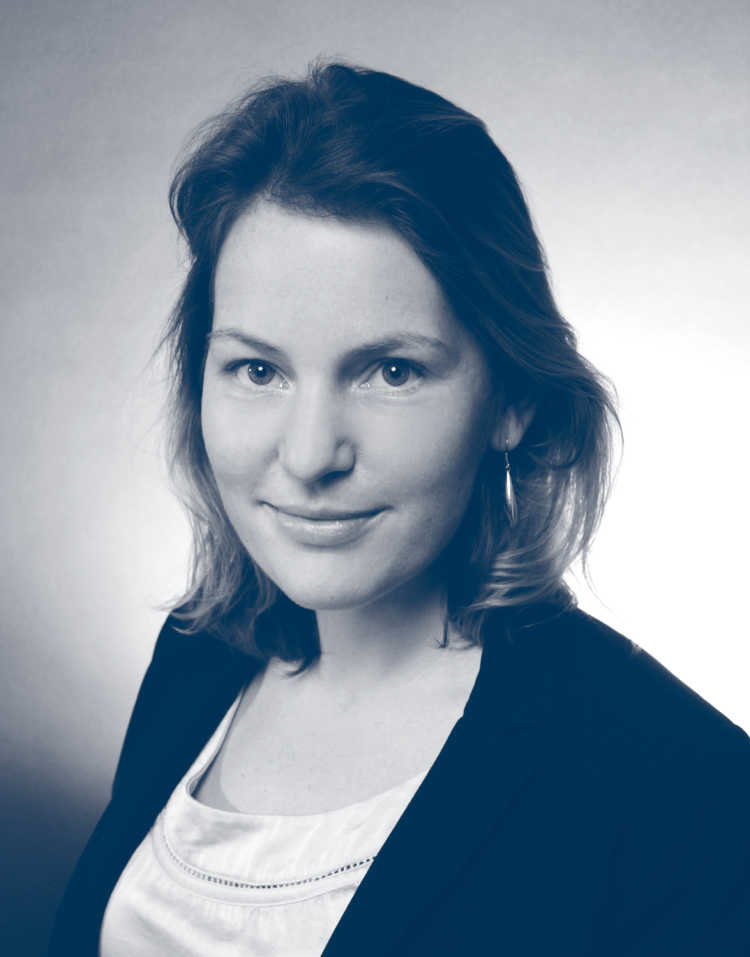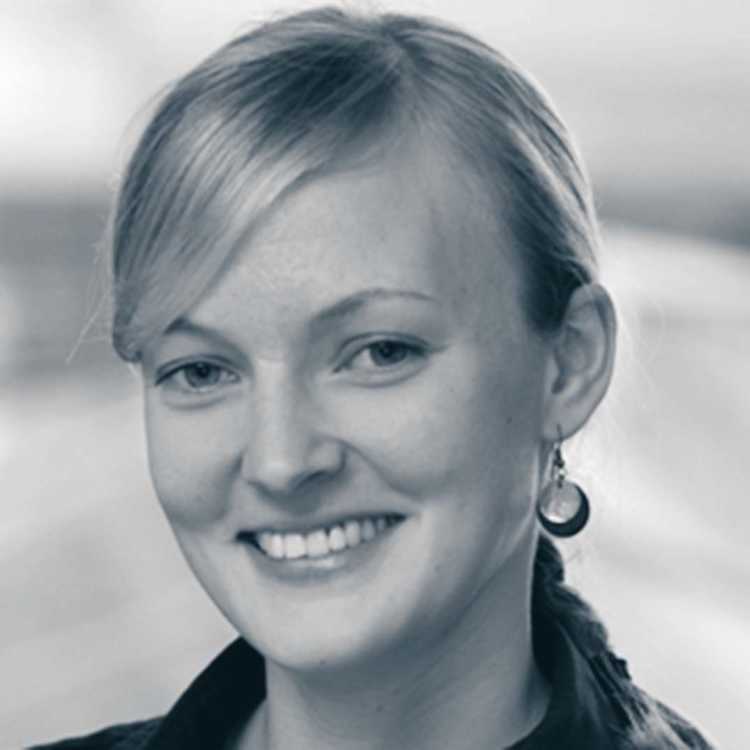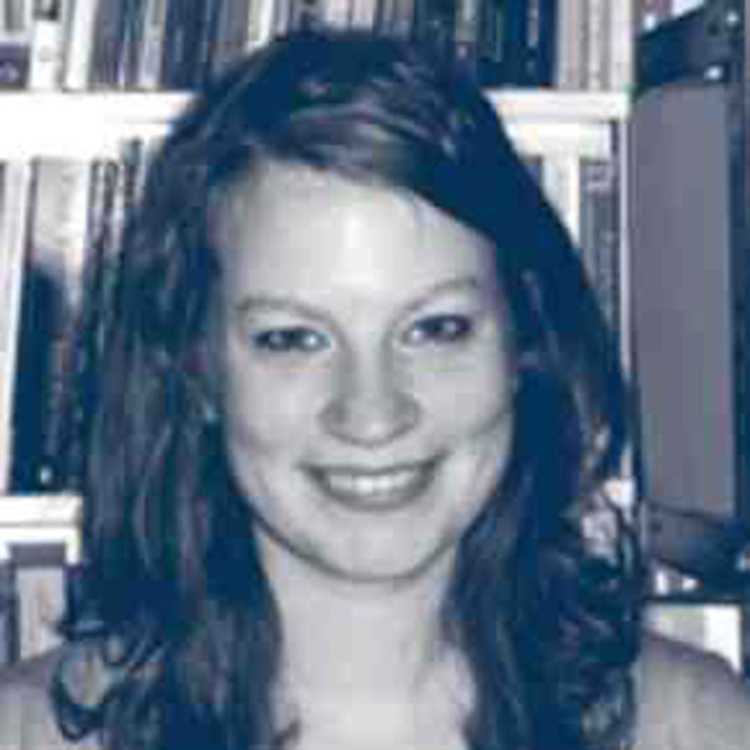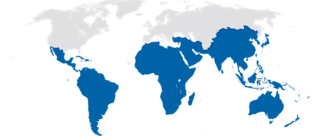
GIGA Institute for African Affairs
The GIGA Institute for African Affairs analyses political and socio-economic developments in sub-Saharan Africa. The institute’s thematic core comprises political institutions, violent conflicts, and a variety of socio-economic challenges. The aim of our research is to paint a nuanced picture of sub-Saharan Africa.
News and Highlights
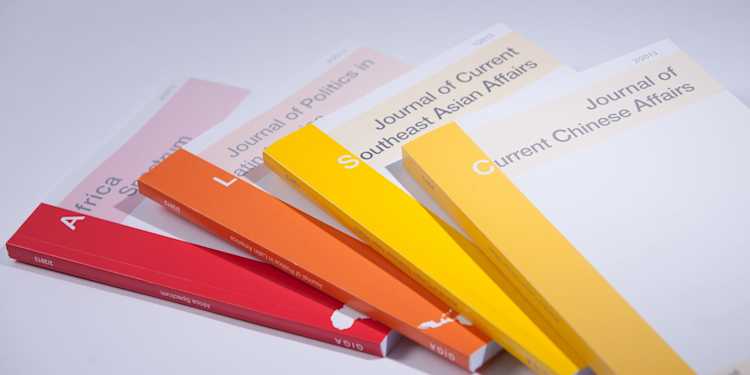
GIGA Journal Family
The GIGA Journal Family is presided over by Sage, maintaining the “platinum standard” of the Open Access model. Contributions by leading researchers from all over the world feature in our four journals. To ensure their quality, all submissions are evaluated in a double-blind peer-review process.
GIGA Journal FamilyResearch Projects
All GIGA Projects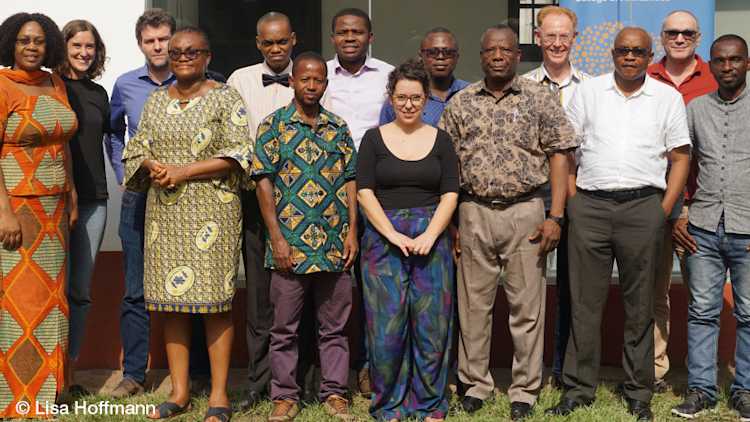
Research Platform Africa
Exchange and cooperation with scholars from around the world is a decades-long tradition at the GIGA. Since 2015 we have been intensifying and consolidating this cooperation with the help of the GIGA research platforms.
The Research Platform Africa aims to intensify and consolidate cooperation with excellent partners in sub-Saharan Africa and foster collaborations on research topics of joint interest.
Research PlatformsPresident (ad interim)
Prof. Dr. Sabine Kurtenbach is President (ad interim) of the GIGA.
Regional Institutes
Notification
Sign up to receive email notifications about GIGA activities
Social Media
Follow us

















